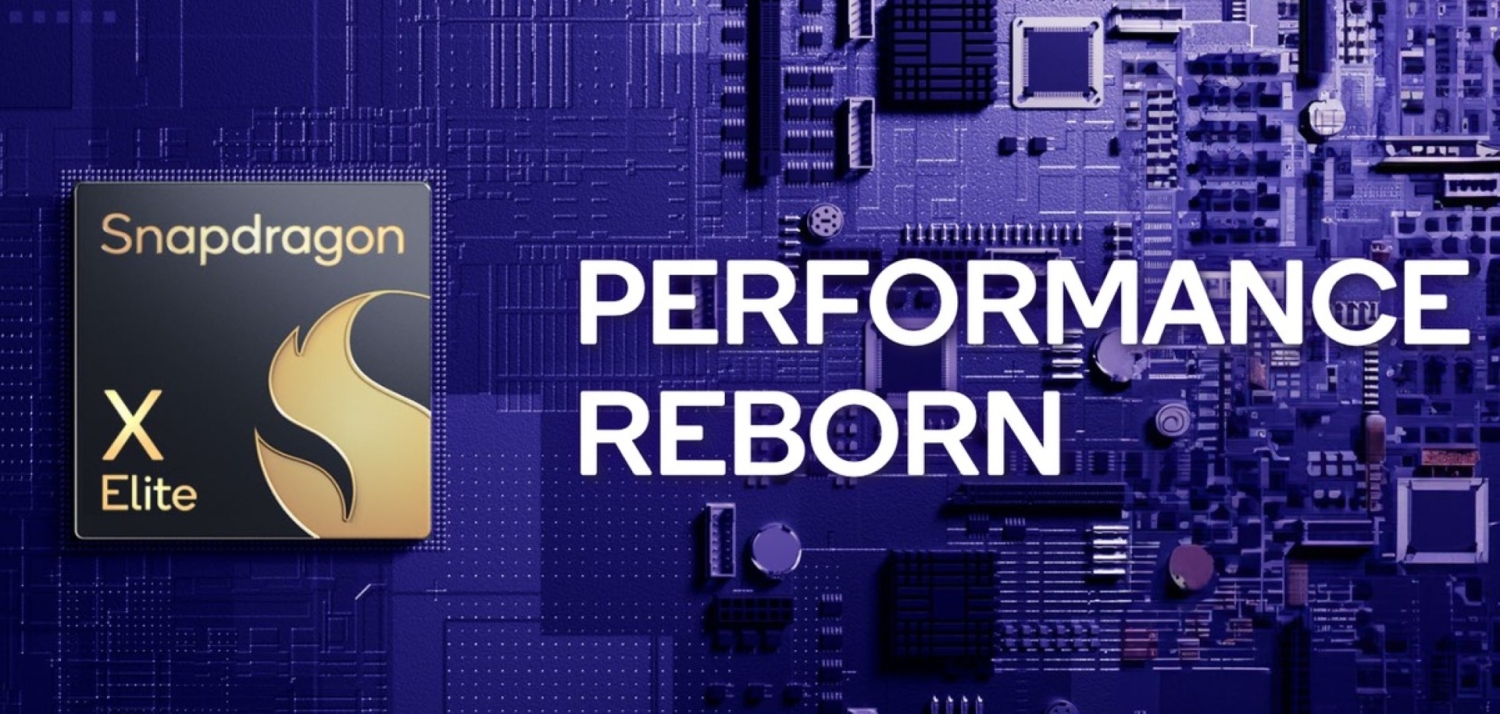
Amazon tags Microsoft Surface Laptop 7 as 'frequently returned' from bung Snapdragon chips
- 23.03.2025 13:32
- tweaktown.com
- Keywords: danger, danger
Amazon has flagged Microsoft's Surface Laptop 7 as frequently returned due to issues with its Qualcomm Snapdragon X Elite processor, citing hardware faults, software incompatibility, and buyer's remorse.